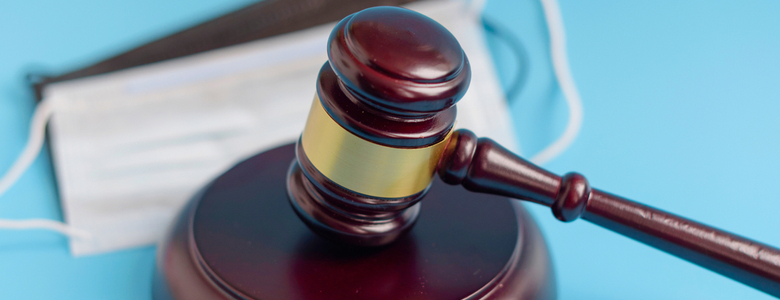
Access to Courts During Coronavirus Pandemic
By: Gordon & Perlut, LLC
Agreed Orders. If parties can reach agreements on any pending issues in their case, including financial or temporary matters, such as parenting time orders, support orders, or any other agreements, those agreements can be entered by the Court. The agreement will need to be put into writing and can be submitted electronically to the Court for review and entered by the Judge.
Non-Emergency Motions. Either party can still file non-emergency motions, such as requests for child support, parenting time or other temporary relief, at any time. However, instead of attorneys and litigants having to appear in person in court to present their motions and for the other party to obtain time to respond to the new pleading and ultimately set a hearing for the court to rule, the Chief Judge of the Domestic Relations Division has entered a General Order to streamlines this process. This order automatically grants the responding party 21 days to file their response in writing to the Petition or Motion. The party who filed the Petition or Motion has an additional 7 days thereafter to reply, with neither party having to appear in Court. Thereafter, the Judge, in their discretion, has the option to rule on the matter or to schedule a telephonic or Zoom hearing, depending on the nature of the request. While the Court will not be able to address all issues in this manner, it allows the court to move forward cases until Courts reopens.
If a Motion or Petition was filed prior to the Court closure and the other side has already filed their response, a new motion can be filed requesting the matter be set for Hearing. The Judge, in his/her discretion, has the option to rule on the matter, schedule a telephonic or Zoom hearing depending on the nature of the request, or deny the request until Court resumes.
Emergency Motions. A few Judges are available each day to hear emergency motions. However, the standard as to what currently constitutes an “emergency” is extremely high. If the Court determines the matter to be an emergency, the Judge can rule on the matter based solely on the pleading filed, schedule a telephonic or Zoom hearing, or require the attorneys and litigations to appear in person as a last resort.